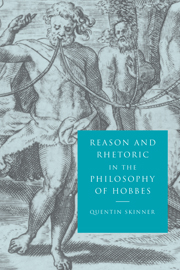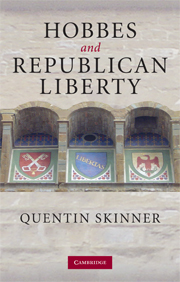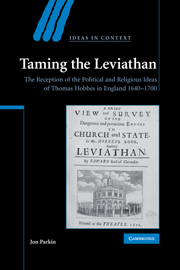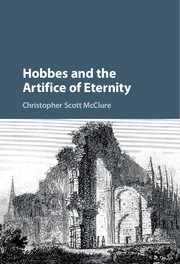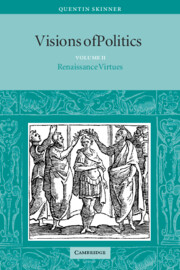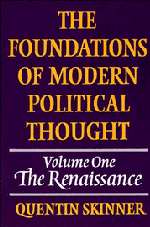Reason and Rhetoric in the Philosophy of Hobbes
Quentin Skinner presents a fundamental reappraisal of the political theory of Hobbes. Using, for the first time, the full range of manuscript as well as printed sources, it documents an entirely new view of Hobbes's intellectual development, and re-examines the shift from a humanist to a scientific culture in European moral and political thought. By examining Hobbes's philosophy against the background of his humanist education, Professor Skinner rescues this most difficult and challenging of political philosophers from the intellectual isolation in which he is so often discussed. This book presents a splendid exemplification of the 'Cambridge' contextual approach to the study of intellectual history with which Professor Skinner himself is especially associated. It will be of interest and importance to a wide range of scholars in history, philosophy, politics, and literary theory. Professor Skinner has been awarded the Balzan Prize Life Time Achievement Award for Political Thought, History and Theory. Full details of this award can be found at http://www.balzan.it/News_eng.aspx?ID=2474.
- New book from Quentin Skinner which has been described as 'a work of genius ... one of the great works of scholarship of our age'
- An outstanding interpretation of Hobbes, the most difficult and challenging of political philosophers
- Based on a comprehensive study of ALL Hobbes's texts, including all available manuscript sources (something not attempted before)
Reviews & endorsements
"Voluminous in detail, the book is an excellent example of the Cambridge version of intellectual history and a worthy successor to the author's much read The Foundations of Modern Political Thought." Choice
"...lucid and learned study..." Susan Rosa, Religious Studies Review
..."the book is full of interesting insights and should be read by everyone interested in Hobbes." David van Mill, American Political Science Review
"Readers will expect and get nothing less than a scholarly, lucid, detailed and thoroughly contextualized account of Hobbe's thought from Quntin Skinner....Skinner makes a rich contribution to the history of thought at one of its crucial turning points, claiming that Hobbes' fundamental contribution to modern thought is an attempt to found a science of society." Ian Hunt, Philosophy in Review
"...the detail and specificity of his account make it of great interest to scholars of English rhetorical practices and pedagogies." Quarterly Journal of Speech
"In this rich study, Quentin Skinner argues against what he considers still to be the prevailing view of Thomas Hobbes, that of a philosopher `formed' by the scientific revolution. ...provides a framework for a more particular examination of Hobbe's understanding and practice of the relation between reason and rhetoric in his pursuit of a scientia civilis." Stephen L. Collins, American Historical Review
"...a most interesting and scholarly book..." Journal of the History of Ideas, Inc.
"In this important new book, Quentin Skinner shows us, with rare precision and eloquence, a world with which we are undoubtedly far less familiar than he, that of humanist rhetoric, and uses his deep knowledge of it to illuminate the recesses of a thinker with whom we feel we are all too familiar....it is a major work of scholarship..." Aaron Garrett, The Philosophical Review
Product details
February 1996Hardback
9780521554367
494 pages
236 × 160 × 30 mm
0.934kg
Available
Table of Contents
- Acknowledgments
- Introduction
- Part I. Classical Eloquenc e in Renaissance England:
- 1. The study of rhetoric
- 2. The politics of eloquence
- 3. The means of persuasion
- 4. The techniques of redescription
- 5. The uses of imagery
- Part II. Hobbes and the Idea of a Civil Science:
- 6. Hobbes's early humanism
- 7. Hobbes's rejection of eloquence
- 8. Hobbes's science of politics
- 9. Hobbes's reconsideration of eloquence
- 10. Hobbes's practice of rhetoric
- Conclusion: why did Hobbes change his mind?
- Bibliography
- Index.

